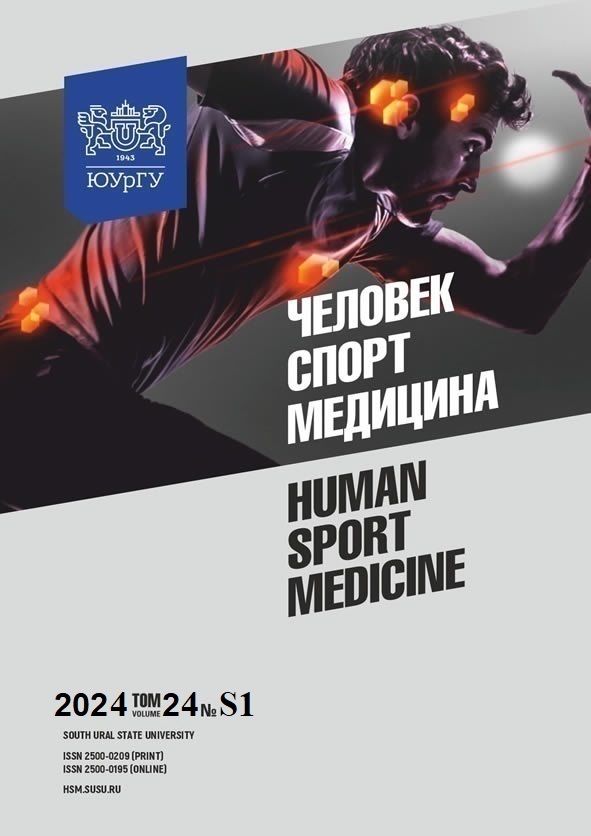CHALLENGES IN THE LEGAL REGULATION OF ARTIFICIAL INTELLIGENCE IN SPORTS MEDICINE
Abstract
Aim. The objective of this study is to identify and systematically analyze the principal challenges associated with the legal regulation of artificial intelligence (AI) applications in the field of sports medicine. Materials and methods. The research employs a variety of legal research techniques, including the technical-legal approach, which enables the examination of the regulatory potential of contemporary AI technologies, such as data analysis tools, within the context of sports medicine. Additionally, the method of legal modeling is utilized to devise foundational models for governing the interactions that arise from the utilization of AI and robotics in sports medicine. Results. The study highlights that the pressing issues of today include the safeguarding of athletes' privacy and the protection of their personal health information, as well as the regulation of big data processing activities in the context of AI utilization. AI algorithms possess significant potential for analyzing vast datasets to identify patterns that may predict sports injuries, facilitating the development of effective rehabilitation technologies for athletes, and ensuring the optimal functionality of competitive loads to mitigate the risk of injury. Conclusion. There is an evident necessity to advance the Concept of Sports and Health Medicine, and to establish an Industry Program for the Digitalization of Sports and Health Medicine. The current legal framework governing this domain is characterized by fragmentation, a lack of uniform regulatory approaches, principles, and a system of special requirements.
References
References on translit
Copyright (c) 2024 Human. Sport. Medicine

This work is licensed under a Creative Commons Attribution-NonCommercial-NoDerivatives 4.0 International License.















